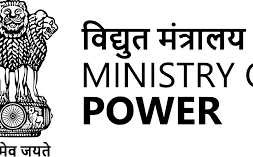
In Short : India is set to add 15,800 MW of Battery Energy Storage System (BESS) capacity to support its growing renewable energy sector. These projects aim to enhance grid stability, manage peak demand, and enable efficient energy storage. With increasing solar and wind installations, BESS will be critical for balancing supply and demand and ensuring a resilient clean energy future.
In Detail : India’s energy storage sector is on the brink of significant expansion, with plans underway to develop 15,800 MW of Battery Energy Storage System (BESS) capacity. This push is part of the country’s broader strategy to support the integration of large-scale renewable energy into the national grid.
The rapid growth in solar and wind installations has created an urgent need for reliable storage solutions. BESS projects offer the flexibility to store excess energy generated during peak production hours and supply it when demand surges or renewable output drops.
These storage systems are crucial for enhancing grid stability, reducing curtailment of renewable power, and improving overall energy efficiency. As India moves towards its ambitious target of 500 GW of non-fossil fuel capacity by 2030, energy storage will be an essential enabler.
Several public and private sector initiatives are already in motion, with tenders being issued for large-scale BESS installations across multiple states. These projects are expected to not only stabilize the grid but also create opportunities for technological innovation and local manufacturing.
Government policies and incentives are also playing a critical role in promoting energy storage deployment. Initiatives under schemes like the Production Linked Incentive (PLI) for advanced chemistry cells are encouraging investment in domestic battery manufacturing.
As India navigates its energy transition, the development of 15,800 MW of BESS capacity marks a strategic step toward energy security, sustainability, and a resilient power system. It signals the growing importance of storage as a cornerstone of the country’s clean energy future.











